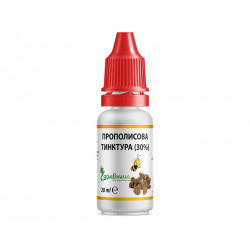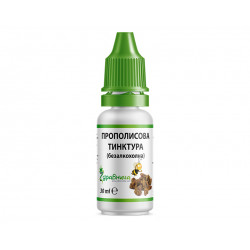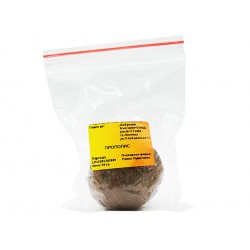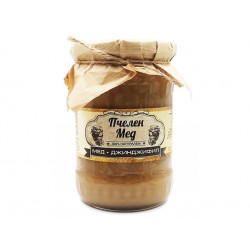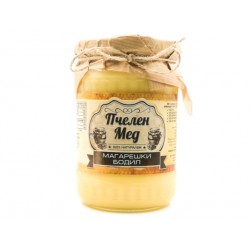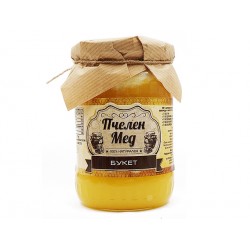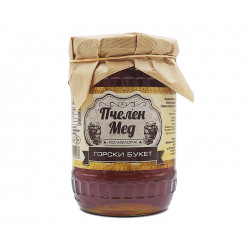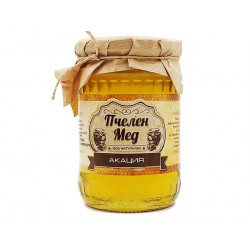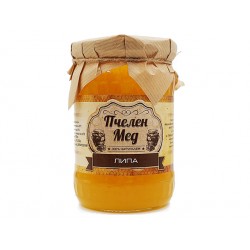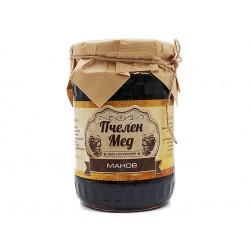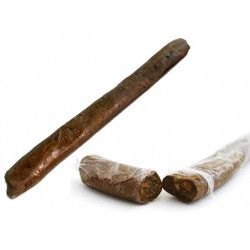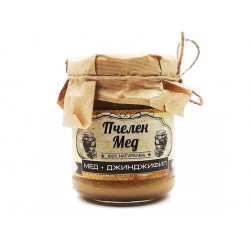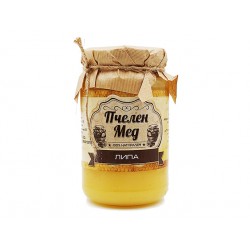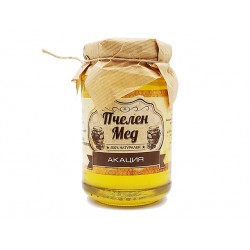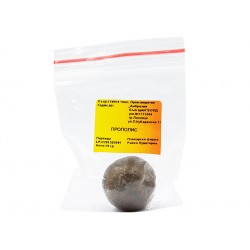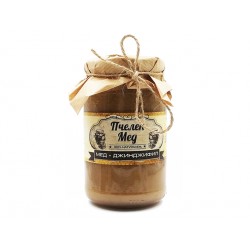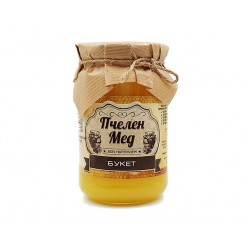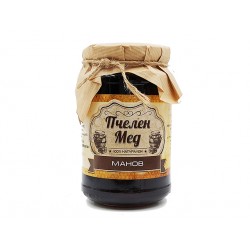Bee honey is not a regulated remedy, but thousands of years of folk medicine, as well as recent studies by modern clinicians, give it a place among natural products with healing action.
Bee products with food and medicinal properties are honey, bee pollen and royal jelly. They contain all the necessary nutrients: carbohydrates, lipids, proteins, vitamins and minerals. Their biological value is due to the rich content of enzymes, amino acids, antibiotics, hormones and others. A large number of these substances are obtained by the bees from the healing plants.
Apart from the treatment of certain diseases, the overall strengthening of the body and the increase of its resistance, the bee products and especially the honey are also suitable as a daily healthy diet.
Honey and healing
Honey is used as food by cavemen. Bees were grown in ancient Egypt more than 6000 years ago. It was then discovered that, in addition to its nutritional qualities, honey also has valuable healing properties. In Egyptian papyrus 3500 years ago, honey is recommended for the treatment of kidney, liver and gastrointestinal diseases.
According to the type of plants from which nectar is harvested, the honey is polyfloral (from different plants) and monoflorous (mostly from one plant species). It has been found that honey receives the nutritional and medicinal properties of the plants from which it is obtained.
The chemical composition of honey is complex. Carbohydrates are its major component and make up about 95-99% of its dry matter. Proteins are contained in small amounts (0.3-0.5%), but they are of great importance especially for the body of children. The most trace elements are: calcium, sodium, phosphorus, iron, chlorine, sulfur, iodine, manganese, silicon, aluminum, tellurium, cobalt and others. The following vitamins are found in small amounts: B1 (thiamine), B2 (riboflavin), nicotinic acid, pantothenic acid, C (ascorbic acid). Honey has been found to have flavonoids (0.1%), which affect the permeability of the capillaries and their fragility. They have antispasmodic, coronary-expanding, anti-inflammatory and regenerative action. Antibiotic substances in honey, according to some authors, are of plant origin (so called phytoncides) and depend on the plant from which the honey is obtained. According to other authors, the antibacterial activity of honey is due to the accumulation of hydrogen peroxide in it.
Honey-containing vitamins (vitamins from the groups A, B, C, K, E), albeit in small quantities, affect the metabolism and promote the function of the glands with internal secretion.
It is useful to consume honey, but in certain quantities: up to 100 g per day. The most acceptable is to be 1 hour before bedtime or 3 hours after a meal.
The honey can be dissolved in warm (not hot) water and thus taken up by the body.
Since honey is rich in enzymes, its action facilitates the functions of the digestive glands. It improves and sleep. The bee product, combined with lemon juice, milk or herbal tea, also helps with colds.
Inhalations with honey
Honey suppresses the development of the causes of purulent processes in respiratory diseases - various types of staphylococci, the cause of pneumonia, etc. In colds, it is widely accepted to accept honey with warm milk, lemon juice, and warm tea.
In the upper respiratory cataracts, steam inhalation with copper is recommended - this is also feasible at home: a teapot is fitted into the steam inhaler and a rubber tube is inserted into the neck and connected to the other end by a glass or plastic funnel.
Antimicrobial action
The antimicrobial action of honey is due to the active oxygen, which is separated from the hydrogen peroxide that is constantly formed in the honey solutions. This active oxygen acts lethally on many types of microorganisms, especially those that cause inflammatory processes in the mucous membranes of the mouth, the upper respiratory tract, as well as on the cause of the carious skin processes.
Its antimicrobial action has also been proven against the unicellular parasite of trichomonas vaginalis, causing persistent chronic inflammation in the vagina of the woman and the male urinary tract.
Improves the general condition of the body
The daily consumption of honey for a longer period of time - 20-30 days, leads to improvement of the body - reduces cholesterol, increases the amount of red blood cells, etc.
Whenever bee honey is used as a medicine, the two main restrictions on its use should be considered - if it is hypersensitive to diabetes and if there is diabetes.




